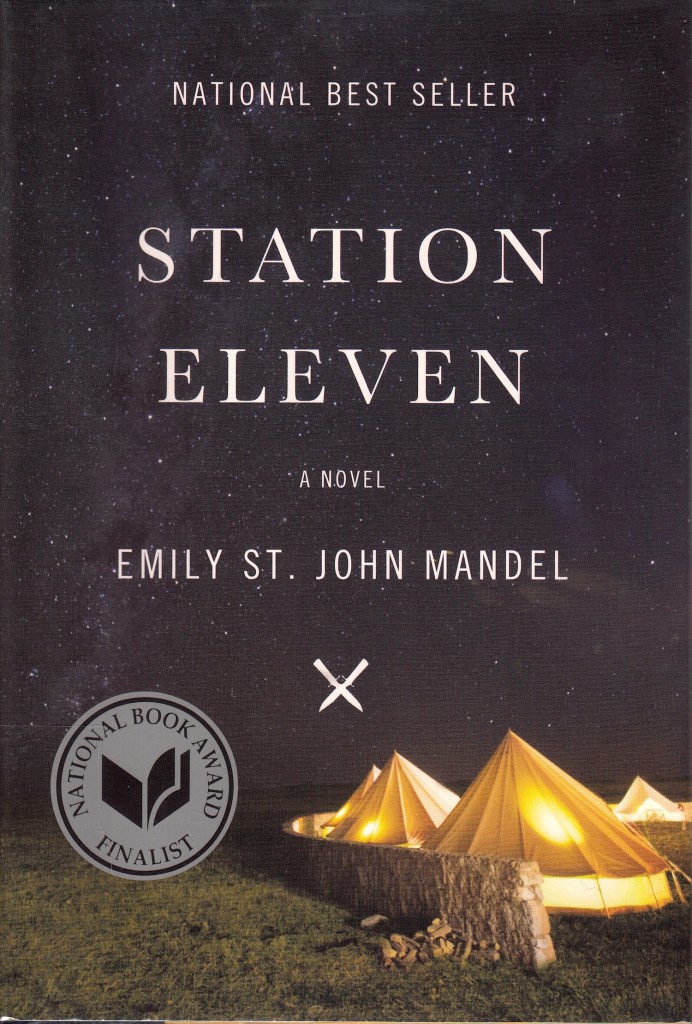
The idea that there are multiple universes where we all live out different lives may be true in physics, but it’s really only applicable in fiction. There’s no other way to get any insight into what those lives might be except through using your imagination. Practically, it doesn’t matter what would have happened if I’d done something different with my life 20 years ago – all I can do is work with what I’ve got in front of me.
But if you’re Emily St John Mandel, and you’re not quite willing to let all of your characters from Station Eleven go, by all means, use parallel universes to allow yourself to have fun. (I’m not being sarcastic, btw. Really, this is also what fan fiction is for – what if x were different in this book that I love – and it’s a great way to explore a world or characters more.)
Truth be told, the repeating character isn’t a major one, and is only used in one of the side storylines here. The Glass Hotel is a hotel on a hard-to-get-to island off British Columbia. One of the characters bought it because he liked it – he had that kind of money – and then a different disaster that wasn’t the Station Eleven pandemic happened, the 2008 financial crisis. All kinds of things change after that. This is that story. Who owns the hotel in the middle of nowhere and who works there and what happens after it has to close?
I really loved this book, and I may have read it all in one sitting, which doesn’t happen that often. The Glass Hotel is great and I would recommend if you’re looking for a distraction from the current state of things.
